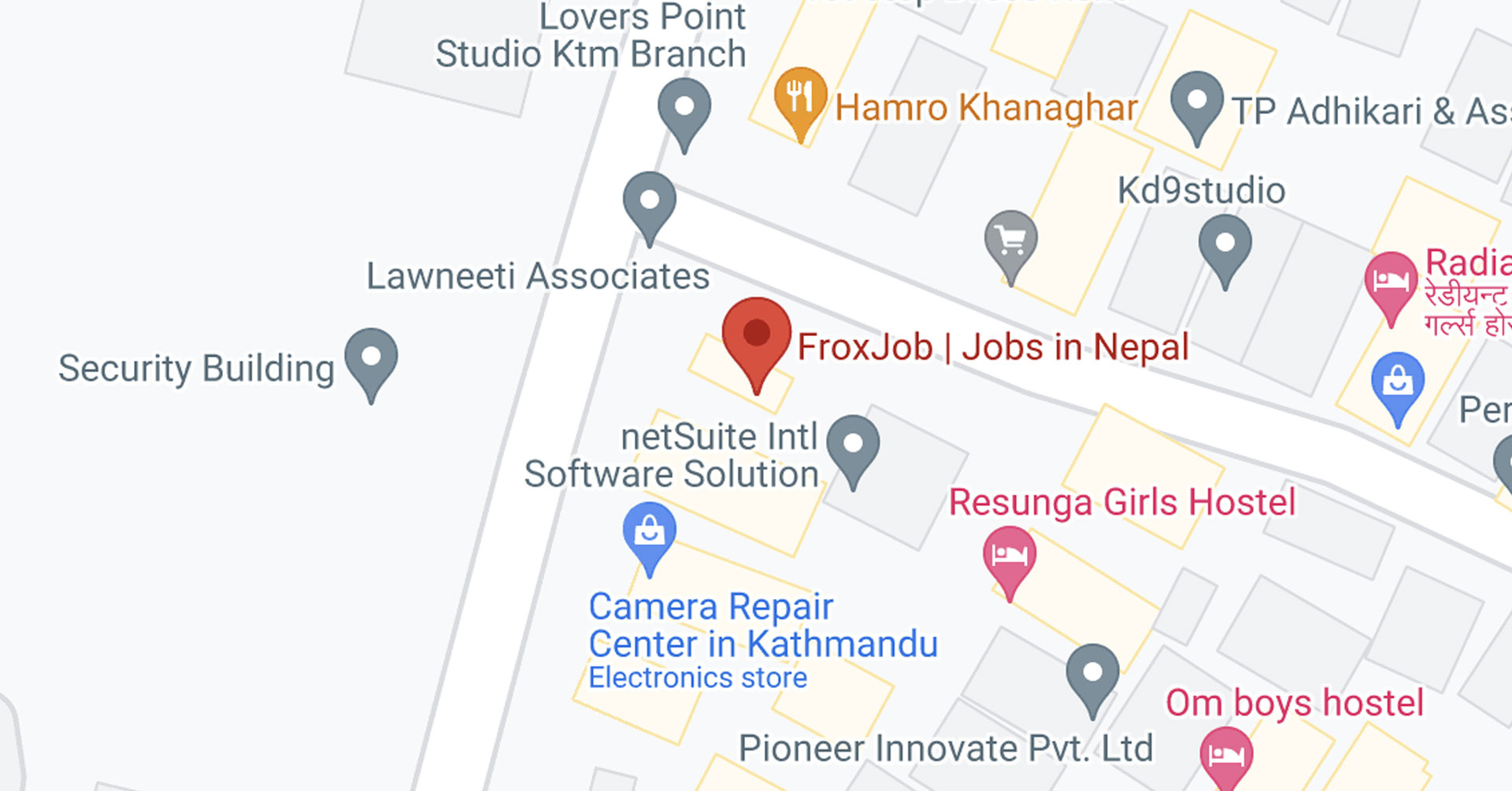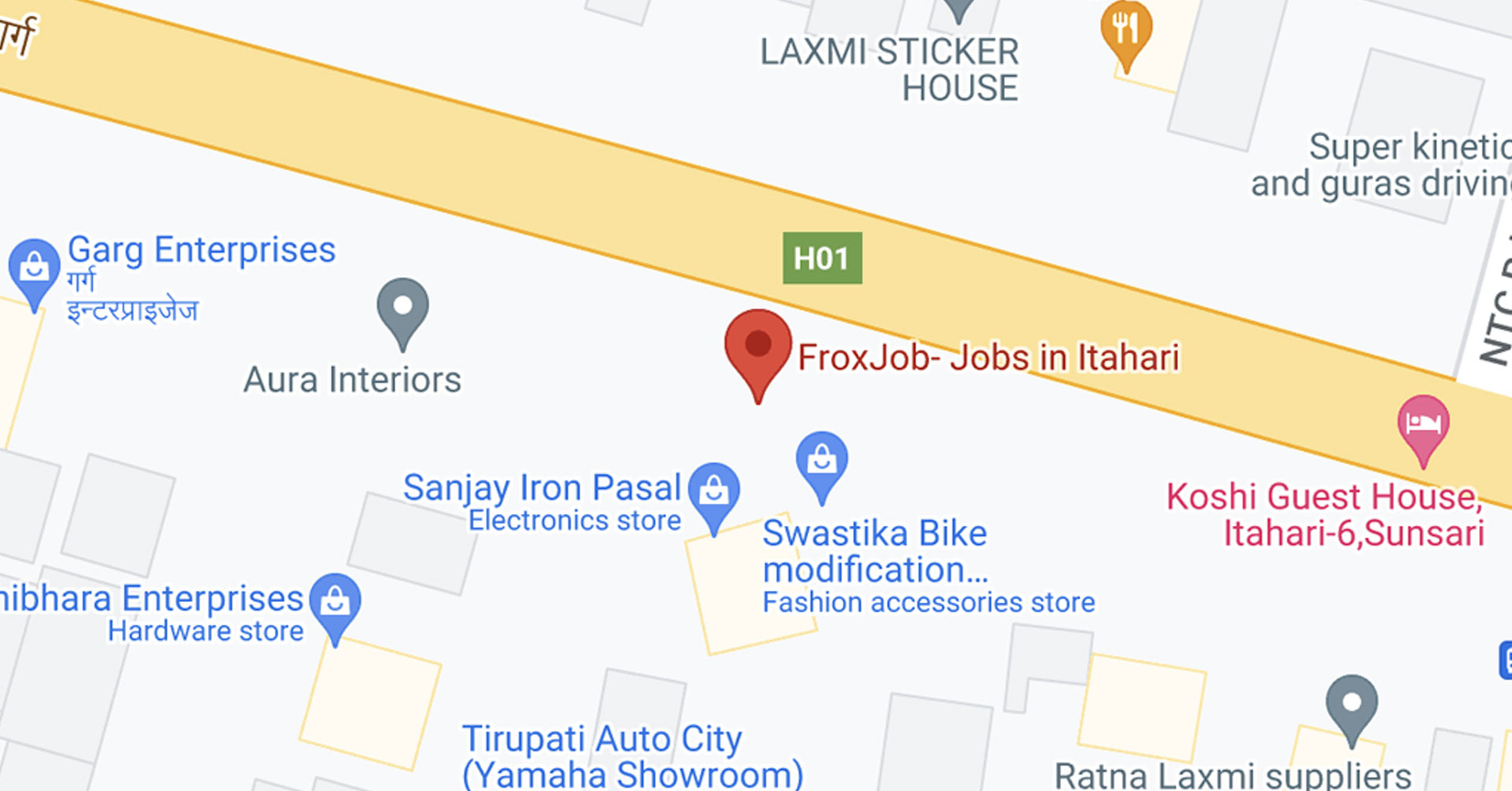Reasons why it is tough to find a job for Fresher's?

Why It’s Tough for Freshers to Find a Job
One of the most thrilling and difficult times in a young professional's life is leaving college and entering the workforce. However, when work chances seem elusive, the thrill of receiving their first payment sometimes fades into frustration for many new hires. Many people struggle to get that first role even though they are educated, enthusiastic, and full of energy. However, why is it so difficult for new hires to secure employment? Let's explore the main causes.
- Lack of Experience
One of the biggest hurdles for freshers is the classic “experience paradox.
Candidates with prior experience are preferred by employers, but new hires must work in order to obtain that experience. Fresh grads are at a disadvantage because many companies look for workers who can contribute right away with little training. Freshers can overcome this gap by taking internships, volunteering, freelancing, or working on personal projects to showcase practical skills.
- Incompatibility of Skills
Market demands and academic understanding don't always coincide.
Many graduates have theoretical knowledge but lack the problem-solving, technical, or communication skills required in today's workplaces. Candidates that can handle real-world issues, use digital technologies, and adjust fast are frequently sought after by employers.
Professional certificates, workshops, and online courses can help you become more skilled.
- High Competition
Thousands of graduates enter the workforce each year, vying for a small number of open employment. It is challenging for new hires to stand out when hundreds apply for the same entry-level position. Because they can afford to be picky, employers frequently select candidates with even little advantages, such as internships or better soft skills. Make your LinkedIn page and CV stand out by emphasizing accomplishments rather than just academics. Additionally, networking enables you to take advantage of chances that aren't widely promoted.
- Unrealistic Expectation
In terms of pay, job title, or corporate brand, new hires can have high expectations. Ambition is vital, but having strict preferences can restrict prospects. Many first jobs are stepping stones, worthwhile experiences that assist develop abilities and self-assurance for future positions. Even if the first position doesn't appear ideal, keep an open mind to new experiences. Your career path is enhanced by each employment.
- Insufficient Guidance and Networking
Lack of professional ties and mentorship causes many freshmen to flounder. Who you know might often be just as essential as what you know in today's work environment. Freshmen might not know how to contact employers, get ready for interviews, or properly promote themselves if they don't receive adequate career advice or networking.
Go to webinars, career events, and job fairs. Make connections with professionals on LinkedIn and ask career counselors or mentors for help.
- Changes in Job Markets and Economic Factors
Sometimes the challenge is circumstantial rather than personal.
Automation, shifting industry demands, and worldwide economic downturns can all lower entry-level jobs. Technology, marketing, and finance are examples of industries that change quickly, necessitating constant adaptation from new hires. Stay up to date on industry developments and cultivate transferable abilities that are applicable to a variety of industries.
CONCLUSION
Finding a job as a fresher can be tough — but it’s not impossible. The secret is to be prepared, persistent, and flexible. Candidates with initiative, a desire to learn, and a problem-solving mindset are highly valued by employers. Freshmen should view rejections as chances to develop and get better rather than as failures.
Recall that all professionals, regardless of their level of success, were once beginners. Your first job is closer than you might believe if you put in the proper work and mindset!





